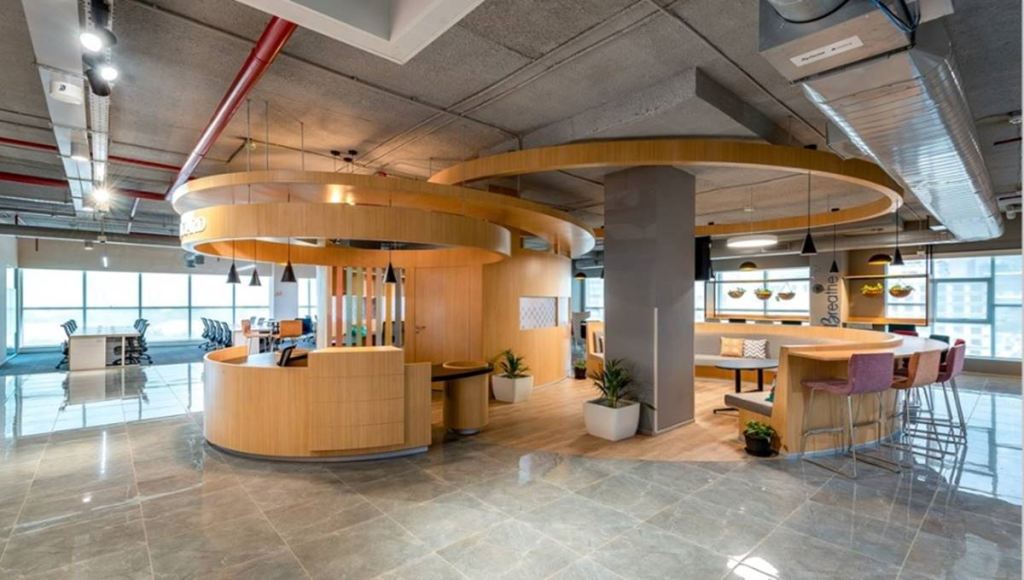In the dynamic landscape of the modern workplace, co-working spaces have emerged as vibrant hubs of innovation and collaboration. However, with escalating operational expenses and intensifying competition, co-working companies face the imperative to streamline their costs while enhancing their competitive position. By implementing strategic measures, co-working spaces can optimize efficiency, trim unnecessary expenditures, and fortify their market advantage.
Embrace Sustainable Practices
Sustainability isn’t just a buzzword; it’s a practical approach that can significantly reduce overheads for coworking spaces. By investing in energy-efficient lighting, heating, and cooling systems, coworking companies can curtail utility expenses substantially. Furthermore, adopting eco-friendly initiatives like recycling programs and utilizing renewable energy sources not only aligns with corporate social responsibility but also appeals to environmentally conscious clientele.
Flexibility in Lease Agreements
One of the primary expenses for coworking companies is leasing or owning real estate. To mitigate this cost, consider negotiating flexible lease agreements with landlords or exploring alternative options such as revenue-sharing arrangements. Additionally, incorporating provisions for scaling up or downsizing space according to demand fluctuations can optimize resource utilization and minimize financial risks.
Also Read: Manage high valuations and market volatility with Hybrid Mutual Funds
Leverage Technology for Efficiency
Technology serves as a force multiplier for coworking spaces seeking to enhance operational efficiency. Implementing robust coworking management software can streamline administrative tasks such as member onboarding, billing, and space utilization tracking. Moreover, leveraging Internet of Things (IoT) devices for smart building management enables precise control over energy consumption and facilitates predictive maintenance, thereby reducing maintenance costs and enhancing member experience.
Foster Community Engagement
Beyond providing physical workspace, coworking spaces thrive on fostering vibrant communities of diverse professionals. By organizing networking events, workshops, and knowledge-sharing sessions, coworking companies can enrich the member experience and cultivate a sense of belonging. Engaged members are more likely to renew memberships and recommend the space to others, thereby driving revenue growth and strengthening the competitive edge.
Strategic Partnerships and Collaborations
Collaborating with complementary businesses and service providers can yield mutual benefits and cost savings for coworking companies. For instance, partnering with local cafes or restaurants for catering services can reduce overheads associated with maintaining an in-house kitchen. Similarly, forming alliances with coworking alliances or industry associations can provide access to resources, insights, and collective bargaining power, enabling cost-effective procurement and marketing initiatives.
Embrace Remote Work Trends
The proliferation of remote work has transformed the traditional office landscape, presenting both challenges and opportunities for coworking spaces. Embracing remote work trends by offering virtual memberships, coworking passes, or hybrid workspace solutions can diversify revenue streams and tap into a broader market of remote workers and digital nomads. Additionally, providing amenities such as high-speed internet, video conferencing facilities, and ergonomic workstations caters to the evolving needs of remote professionals.
Continuous Optimization and Adaptation
In a dynamic business environment, continuous optimization is essential for sustaining competitiveness. Regularly review and analyze operational processes, financial performance, and member feedback to identify areas for improvement and innovation. Embrace agility and adaptability to swiftly respond to market shifts and emerging trends, ensuring that the coworking space remains relevant and resilient in the face of evolving demands and challenges.
In conclusion, by implementing a strategic blend of sustainable practices, flexible lease agreements, technology integration, community engagement, strategic partnerships, and adaptation to remote work trends, co-working companies can effectively reduce costs and gain a competitive edge in the rapidly evolving workspace industry. By prioritizing efficiency and innovation, co-working spaces can thrive as dynamic hubs of collaboration, creativity, and productivity in the years to come.
(By Puneet Bansal, Co-founder, R’Dash)
Disclaimer: Views and facts expressed above are those of the author. They do not necessarily reflect the views of financialexpress.com.


